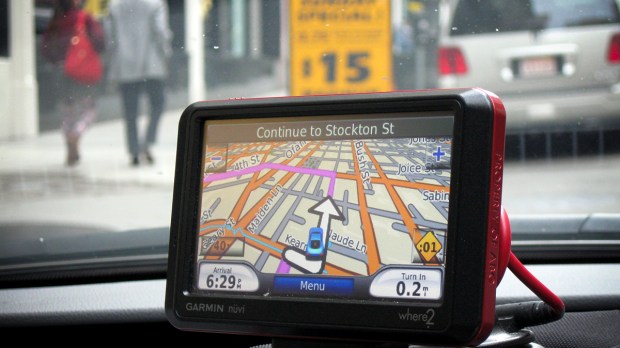Lenten Campaign 2025
This content is free of charge, as are all our articles.
Support us with a donation that is tax-deductible and enable us to continue to reach millions of readers.
Just as writing completely reshaped our relationship with language, memory and speech, the digital tools we now use on a daily basis are transforming the way in which we interact with the world around us. It is, indeed, quite evident: for instance, relying on our GPS to avoid getting lost as we go from one place to the other prevents us from having to use some of our memory, concentration and natural sense of orientation — yes, we do have such thing — to get around. That means the next time we go to that special restaurant we liked, or visit that new friend, we will repeat the very same cycle of typing either the address or simply the name of the place and start biking or driving there once again. But chances are we will never really know how to get there. After all, we do have our always-trustworthy GPS.
The bad news is that our “natural navigation system” is, as reported in this article published by Nature magazine, a “use it or lose it” skill. Actually, some studies suggest the frequent use of GPS devices reduces the size of the hippocampus, the part of the brain that is responsible for spatial awareness.
Of course, these skills can also be strengthened. According to this article published by the New York Times, you can increase your capacity to draw mental maps if you simply go cold turkey: leave your electronic device in your pocket and start to focus on the physical environment around you. Glance at the buildings. Memorize some facades. Make sure you know where west is. Actually, some even recommend getting a physical map so you can “pre-set” your route in your head, as reported in this article published by NYMag. It might take some time to get your natural navigation skills back, but you’ll see it was all worth it when your cellphone runs out of juice and you can still make it back home.

